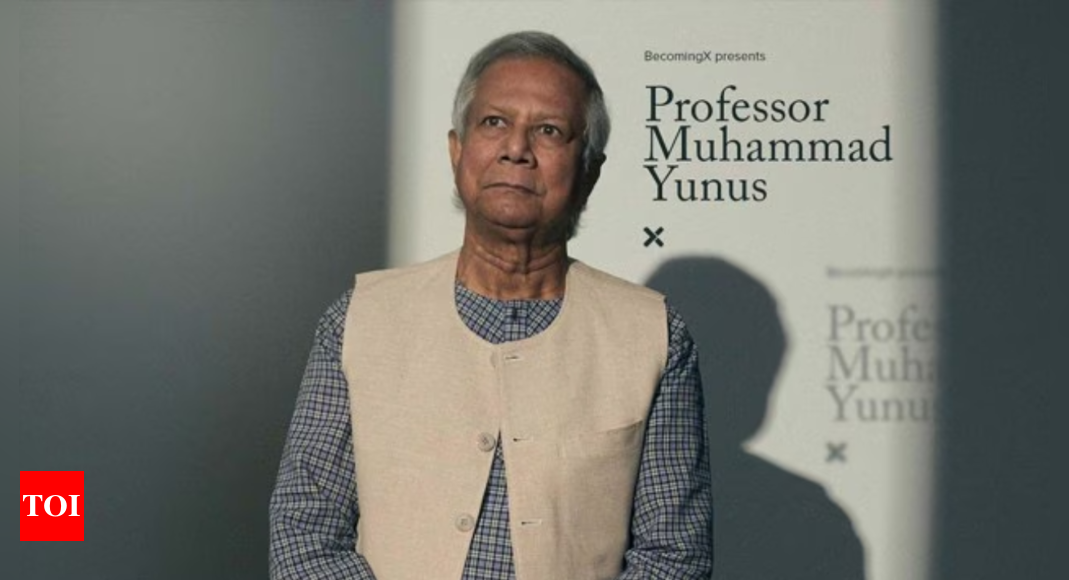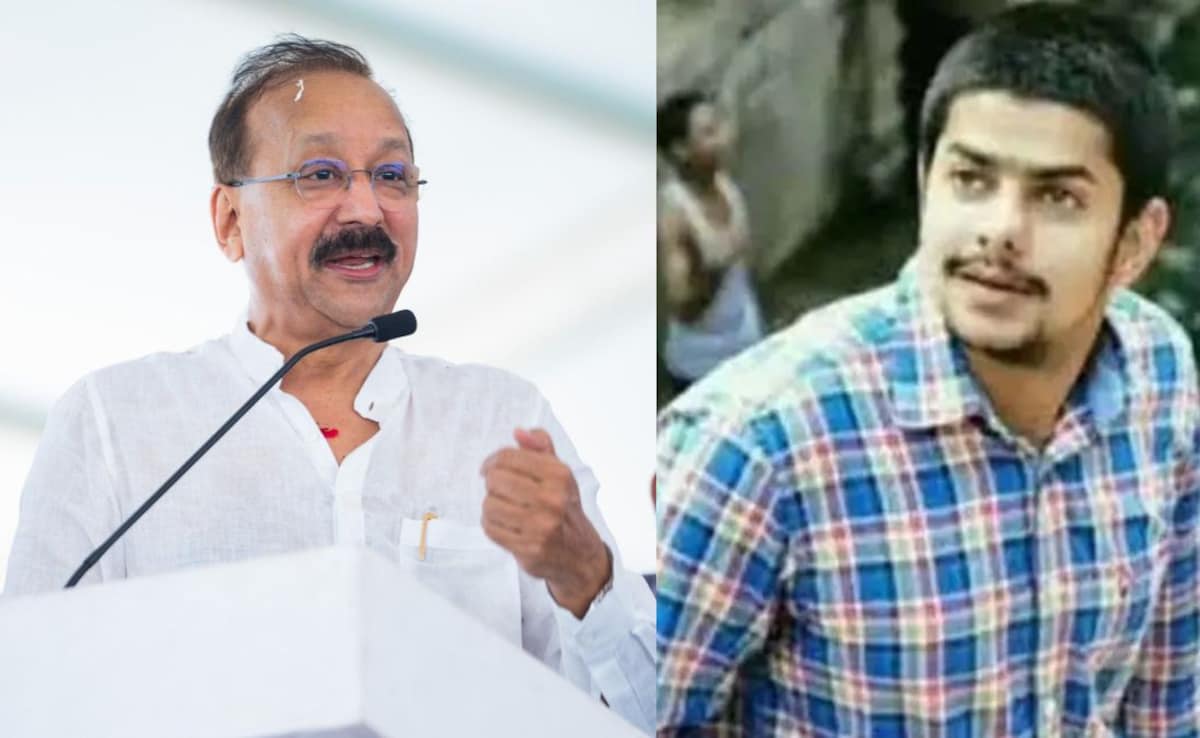
Yunus, who is set to become the 32nd Nobel laureate to be a head of state, remains a longtime critic of ex-PM Sheikh Hasina, who resigned on Aug 5 in the face of a mass anti-reservation uprising and fled to India. Her govt had Bangladesh’s central bank remove him as MD of Grameen Bank in 2011. This Jan, Yunus was sentenced to six months in jail for violation of labour laws. In June, he and 13 others were indicted by a court in another case involving embezzlement of $2 million from the workers’ welfare fund of a telecom firm he founded.
Yunus had established Grameen Bank in 1983, fired by the belief that credit was a fundamental human right. His objective was to help poor people escape poverty by providing loans on terms suitable to them and teaching sound financial principles so they could help themselves. From Yunus’s per sonal loan of small amounts of money to destitute basket-weavers in Bangladesh of the mid-70s, Grameen Bank became the model for a worldwide movement towards eradicating poverty through microlending.
Organisations like Grameen Bank now operate in over 100 nations worldwide. Born in Chattogram, Yunus was a student at Dhaka University and received a Fulbright scholarship to study economics at Vanderbilt University. He got a PhD in 1969, and the following year became an assistant professor. Returning to Bangladesh, he headed economics department at Chittagong University.









